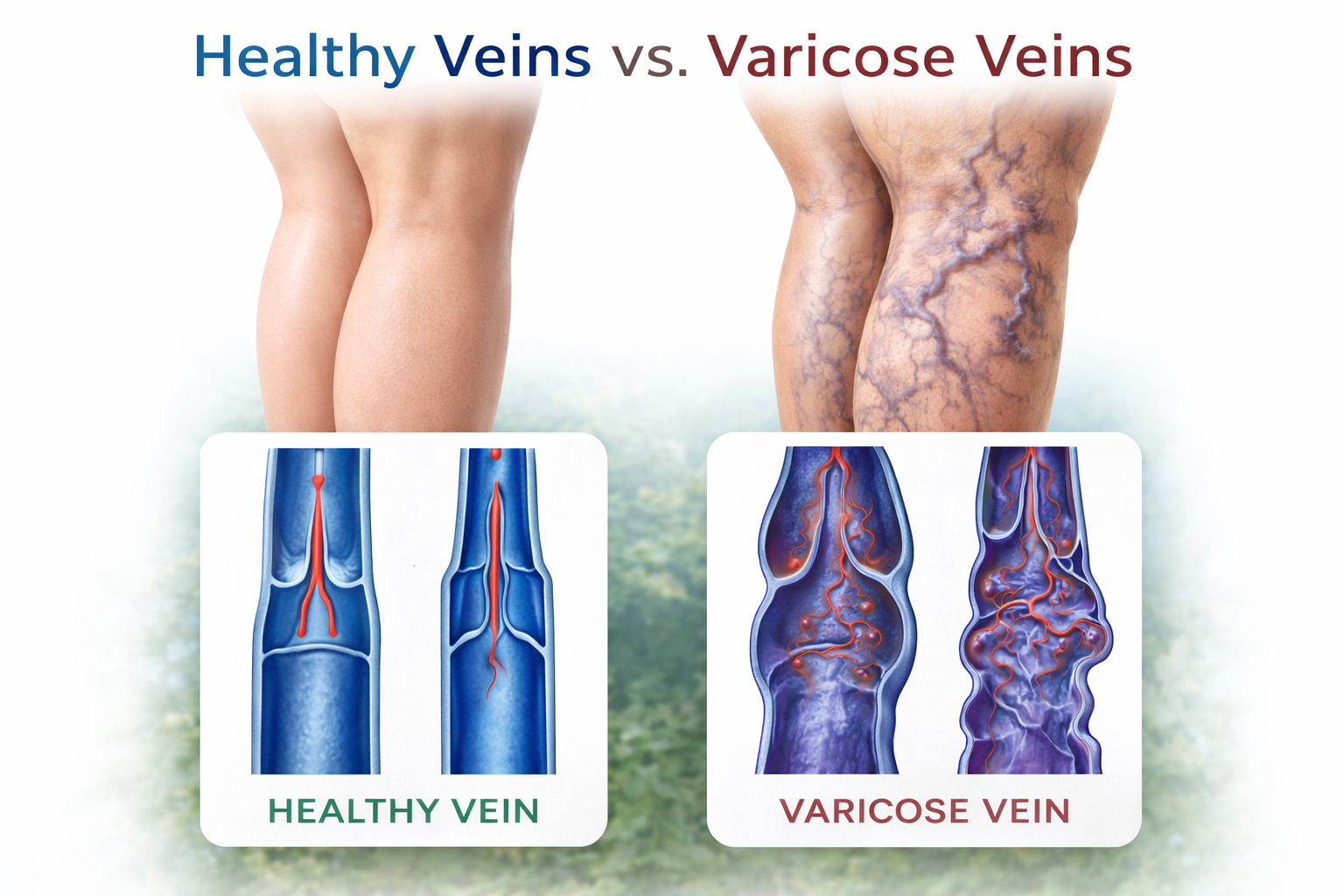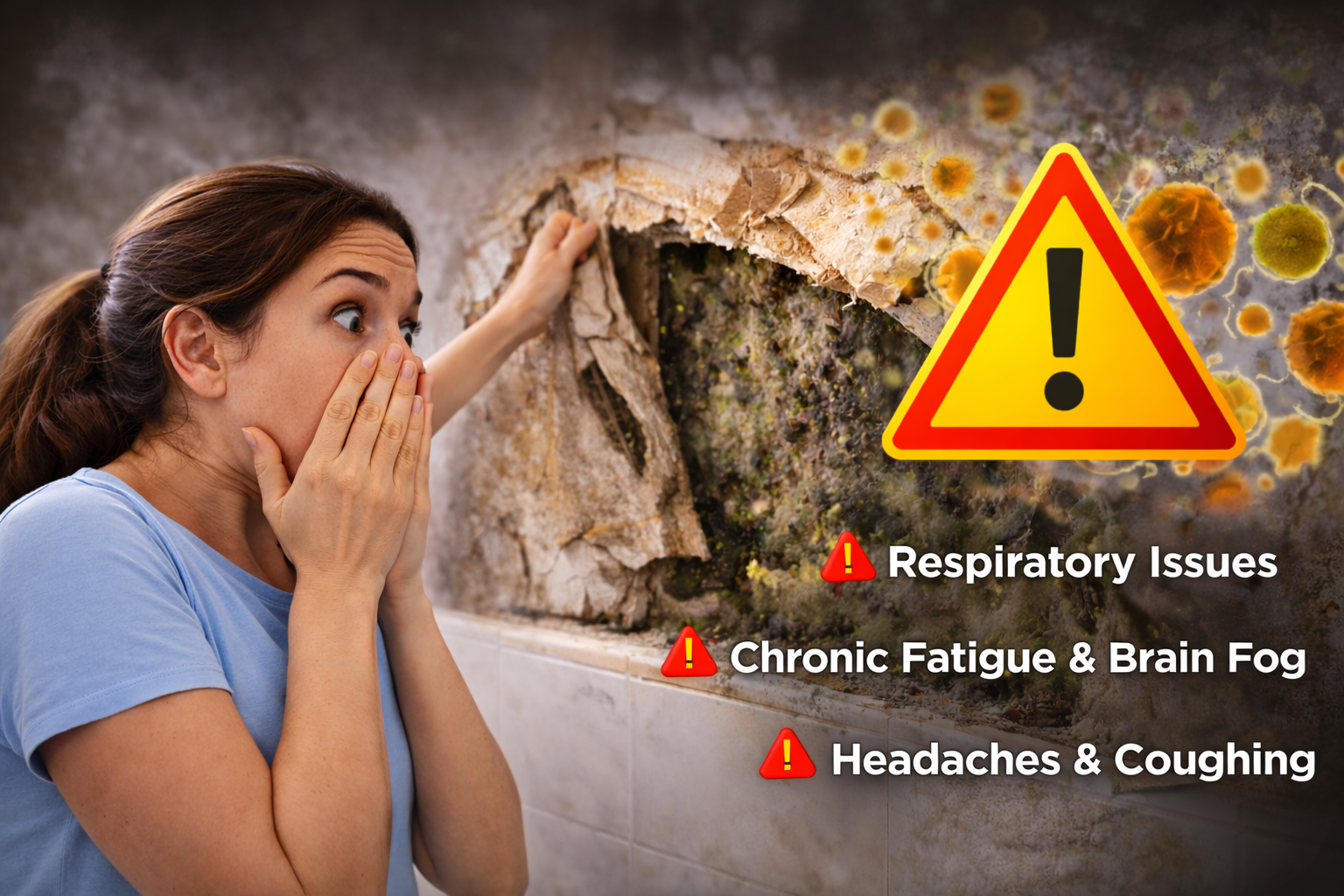Have you noticed that your favorite hot tea or a scoop of ice cream suddenly causes a sharp zing in your teeth? You’re not alone. Tooth sensitivity becomes more common as we age, but it’s not something you have to live with. In fact, it can be a warning sign that your oral health needs extra care.

In this article, we’ll explore why tooth sensitivity increases with age, the surprising reasons behind it, and most importantly, how you can protect and strengthen your teeth naturally.
🦷 What Is Tooth Sensitivity, Really?
Tooth sensitivity, also known as dentin hypersensitivity, happens when the inner layer of your teeth (dentin)becomes exposed. This layer is filled with tiny tubules that lead to the nerves inside the tooth. When dentin is exposed, triggers like cold, heat, sweet foods, or even brushing can cause discomfort or sharp pain.
But why does this happen more as you age?
🔍 3 Sneaky Causes of Increased Tooth Sensitivity as You Age
1. Enamel Erosion
Your enamel, the hard, protective outer layer of your teeth thins naturally over time, making your teeth more vulnerable. Acidic foods, grinding, and even brushing too hard can wear it down faster. Research confirms that aging enamel is more prone to erosion, which can significantly increase sensitivity [1].
Tip: Avoid brushing right after acidic meals (like citrus or soda) to prevent scrubbing away softened enamel.
2. Gum Recession
As gums recede with age or gum disease, the tooth roots become exposed. Unlike enamel-covered surfaces, roots are much more sensitive to temperature and pressure. A large cross-sectional study of U.S. adults showed that the prevalence of gingival recession increases steadily with age, particularly after 50 [2].
Did you know? Gum tissue doesn’t regenerate naturally, so prevention and early care are essential.
3. Teeth Grinding (Bruxism)
Clenching or grinding your teeth, often during sleep, puts intense pressure on enamel, leading to micro-cracks and wear. Over time, this exposes the inner layers of the tooth. Bruxism is increasingly linked to enamel loss, especially in older adults coping with chronic stress [3].
Signs you might grind: Morning headaches, jaw tension, or flat-looking teeth.
💪 How to Keep Your Teeth Strong and Sensitivity-Free
The good news? You can take action now to strengthen your enamel, soothe your gums, and restore balance in your mouth. Here’s how:
✔️ 1. Use a Sensitivity Friendly Toothpaste
Look for toothpaste with potassium nitrate or stannous fluoride, which helps calm nerve endings and rebuild enamel. Avoid whitening toothpastes that contain abrasive particles.
✔️ 2. Add Mineral Support to Your Diet
Your teeth need calcium, phosphorus, magnesium, and vitamin D to stay strong. Deficiencies in these nutrients are linked to tooth demineralization and sensitivity.
Include: Leafy greens, dairy (or fortified alternatives), almonds, eggs, and wild-caught fish.
✔️ 3. Support Oral pH and Microbiome
Healthy saliva and a balanced mouth microbiome help protect enamel and gums. Use alkaline mouthwashes, stay hydrated, and consider oral probiotics for extra support.
✔️ 4. Ditch Harsh Whitening Products
Try gentle, peroxide-free whitening options or natural stain removers like baking soda used sparingly. Consult your dentist before using any over the counter treatments.
✔️ 5. See Your Dentist Regularly
Routine cleanings and early treatment for gum disease, cavities, or cracked fillings can prevent worsening sensitivity. Prevention is cheaper and less painful than treatment.
🦷 Bonus Tip: A Gentle Way to Support Enamel & Gum Health
💡 Want to protect your teeth from the inside out?
Supporting enamel and gum health isn’t just about brushing, it also comes down to whole body wellness. A mineral rich diet and smart oral care habits can help your teeth stay strong and resilient as you age.
Consider adding:
- Calcium and phosphorus for enamel remineralisation
- Vitamin D3 to enhance calcium absorption
- Plant based silica to support gum tissue and connective strength
- Plenty of hydration to maintain healthy saliva flow and oral pH balance
Combined with a gentle oral hygiene routine, these simple steps can go a long way in reducing sensitivity and maintaining a healthy, vibrant smile.
✅ Key Takeaways
- Tooth sensitivity increases with age due to enamel erosion, gum recession, and grinding.
- These issues expose the inner dentin layer of your teeth, triggering discomfort.
- You can support enamel health naturally with the right nutrients, habits, and gentle care products.
- Prioritize oral pH balance, soft brushing, and a mineral-rich diet to keep your teeth healthy and strong.
References:
- Addy, M.; Hunter, M.L. (2023). Can tooth brushing damage your health? Effects on oral and dental tissues. International Dental Journal, 73(2), 111–118. https://pubmed.ncbi.nlm.nih.gov/12875306/
- Eke PI, Dye BA, Wei L, Thornton-Evans GO, Genco RJ; CDC Periodontal Disease Surveillance workgroup: James Beck (University of North Carolina, Chapel Hill, USA), Gordon Douglass (Past President, American Academy of Periodontology), Roy Page (University of Washin. Prevalence of periodontitis in adults in the United States: 2009 and 2010. J Dent Res. 2012 Oct;91(10):914-20. Smardz, J.; https://pubmed.ncbi.nlm.nih.gov/22935673/
- Fulek M, Wieckiewicz M, Szymanska-Chabowska A, Michalek-Zrabkowska M, Fulek K, Lachowicz G, Poreba R, Mazur G, Martynowicz H. Systematic Review on the Link between Sleep Bruxism and Systemic Chronic Inflammation. Brain Sci. 2023 Jul 21;13(7).https://pmc.ncbi.nlm.nih.gov/articles/PMC10377141/





